
María Rosalía Rita de Castro, better known as Rosalía de Castro (Santiago de Compostela, 24 February 1837 – Padrón, 15 July 1885), was a poet, novelist and Galician nationalist ("Probe Galicia, non debes / chamarte nunca española" ["Poor Galicia, you should never / called yourself Spanish"]). Contemporary feminism has trumped her as a pioneer. For her novel "Daugher of the Sea" (1859), she wrote in the prologue, "Because it is not yet allowed for women to write about what they feel and what they know". A native of Santiago de Compostela in the Galicia nation or "historic nationality" of northwest Spain, she wrote in both Galician and Castilian. Writing in the Galician language, after the Séculos Escuros (Dark Centuries), she became an important figure of the Galician romantic movement, known today as the Rexurdimento ("renaissance"), along with Manuel Curros Enríquez and Eduardo Pondal. Her poetry is marked by 'saudade', an almost ineffable combination of nostalgia, longing and melancholy. She is considered the most important female poet of Spanish history, and, along with Gustavo Adolfo Bécquer, one of the best Romantic poets of Spain.
Books
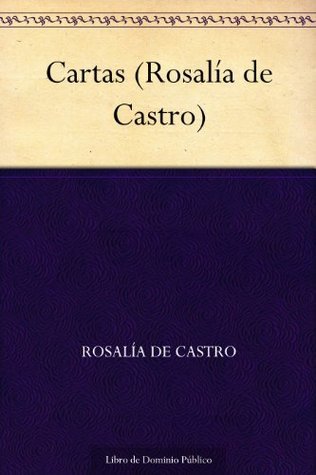
Cartas
2011

En las orillas del Sar
1884

Cantares gallegos
1863

Rosalia de Castro Selected Poems Rendered Into English Verse
2011

A mi madre
1863

Antología poética
1953

Góticas y tenebrosas
Mujeres que cuentan historias oscuras
2021
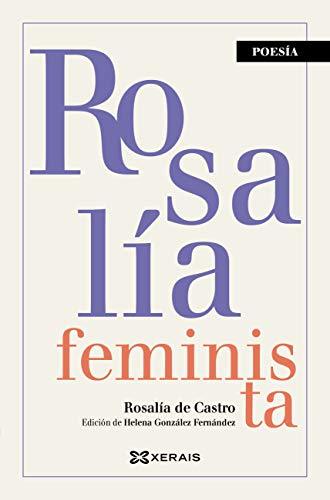
Rosalía feminista (EDICIÓN LITERARIA - POESÍA E-book)
2019

Obra poética
1942

El caballero de las botas azules
1867

El primer loco. Cuento Extraño
1881
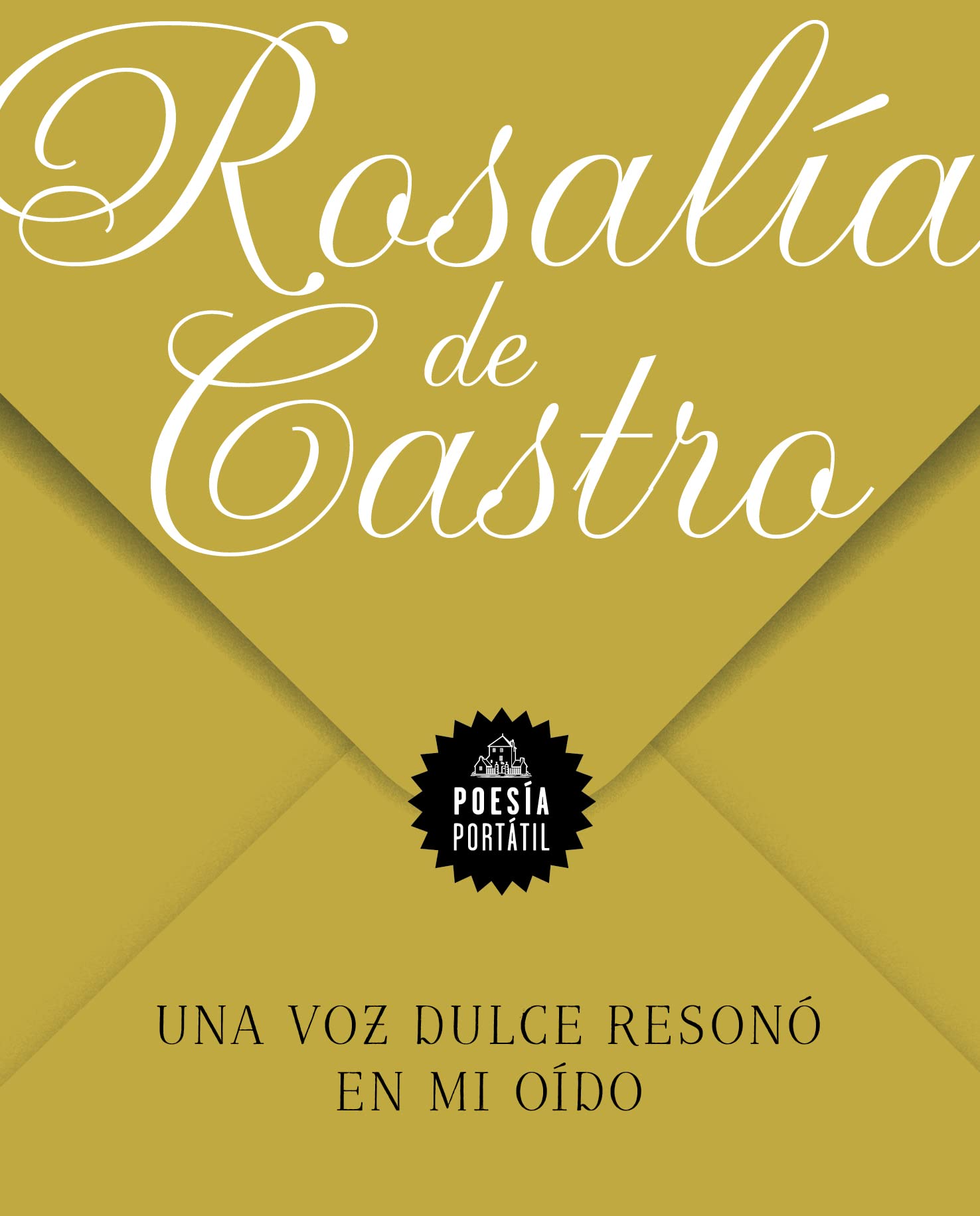
Una voz dulce resonó en mi oído
2023

La hija del mar
1859
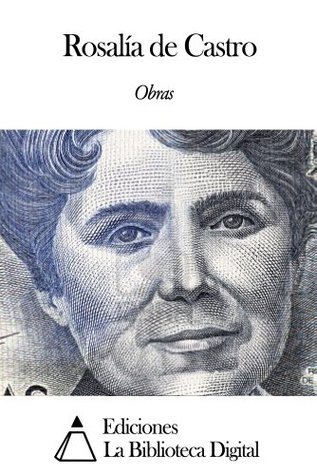
Obras de Rosalía de Castro
2012
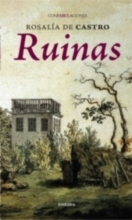
Ruinas
2011

Follas novas
1880